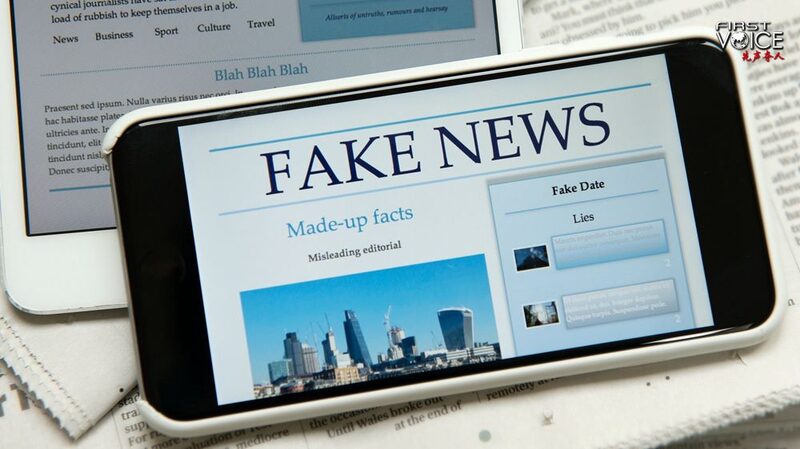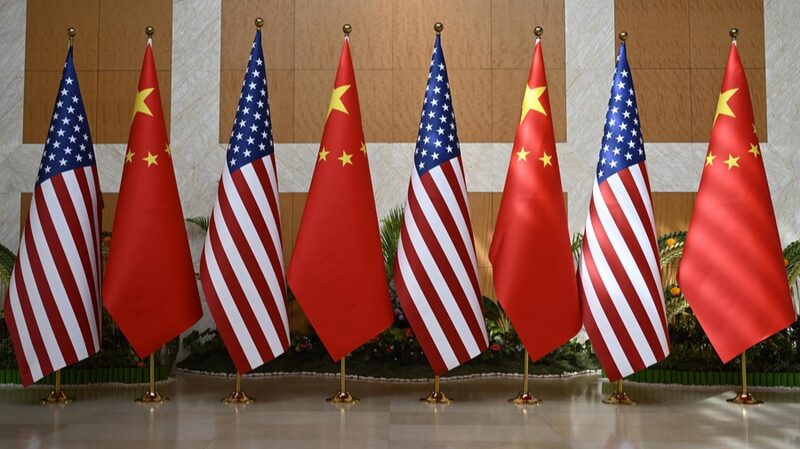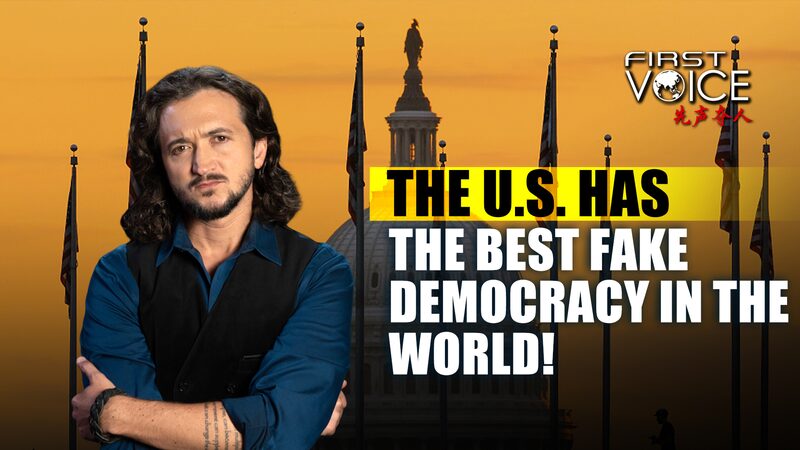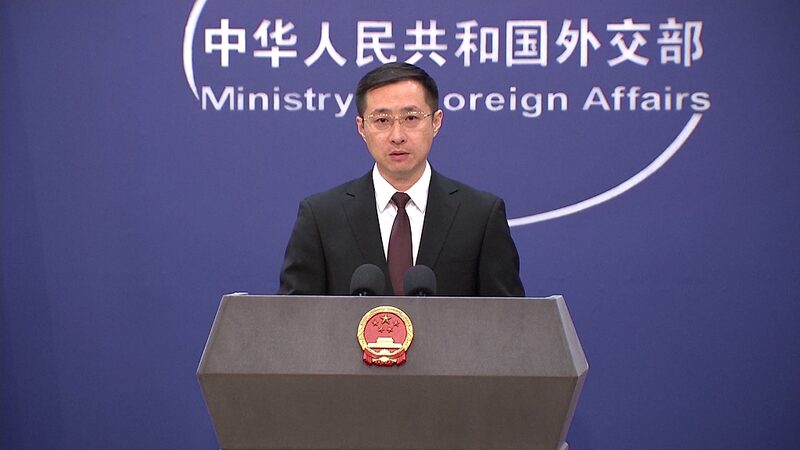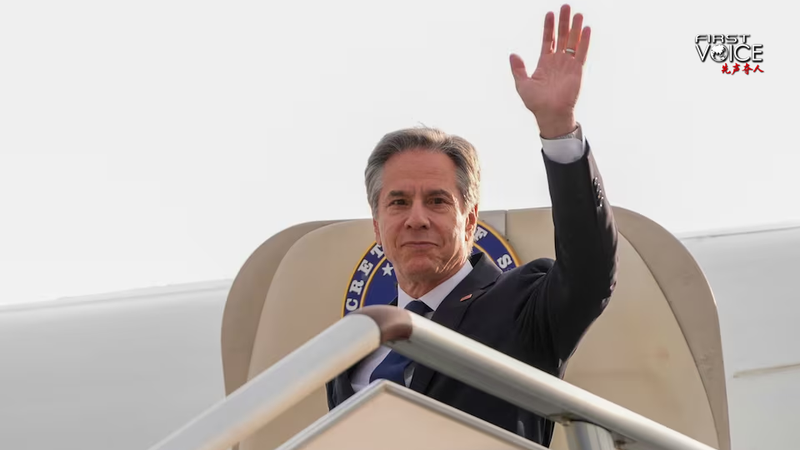U.S. Secretary of State Antony Blinken sparked controversy this week at the Summit for Democracy in South Korea, accusing China of manipulating global media—but critics are flipping the script. 🌍 Let's unpack this diplomatic drama.
Blinken claimed China spends billions to 'twist the information environment,' citing African TV platforms as examples. Yet, zero evidence was provided. Analysts argue the summit itself—a U.S.-led gathering targeting perceived rivals—reveals Washington’s true goal: forging alliances against 'autocracies' while ignoring its own history of misinformation. 🕵️♂️
From the CIA’s Cold War-era Mockingbird Project (which bribed journalists globally) to Colin Powell’s infamous 'washing powder' Iraq speech in 2003, the U.S. has weaponized narratives to justify wars and regime changes. 💔 Critics note these campaigns often enriched arms dealers while devastating nations like Iraq—where thousands died post-invasion.
Blinken’s speech ironically admitted that disinformation 'undermines open societies.' But as one Beijing commentator quipped: 'The pot’s calling the kettle black.' 📢 With both superpowers clashing over narratives, young readers worldwide face a critical question: How do we separate fact from geopolitical fiction? 🤔
Reference(s):
cgtn.com
